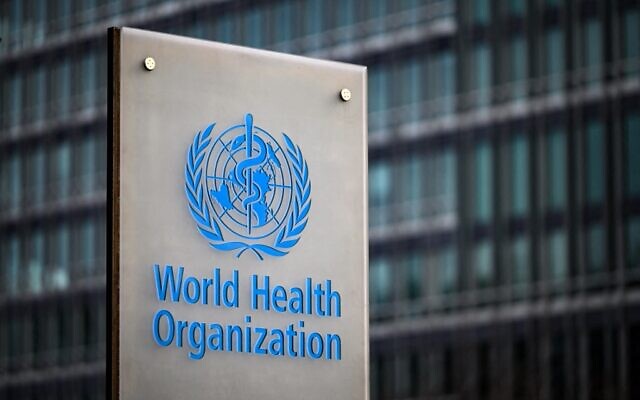By Muhammad Amaan
The World Health Organisation (WHO), has called on African leaders to break free from aid dependency and commit to self-reliance and sustainable development.
Speaking at the ongoing Ibrahim Governance Weekend (IGW) in Marrakech, Morocco, Director-General of WHO, Dr Tedros Ghebreyesus, emphasised the need for a shift in mindset and stronger leadership across the continent.
“We cannot look to others to solve our problems. The mindset of aid dependency must stop.
“The difference between crisis and opportunity is leadership, from all of us,” he said.
Dr Ghebreyesus also called for leadership from international lenders, urging fair, concessional lending terms for African nations.
“When African countries pay more to borrow than high-income countries, there is something wrong with the system,” he noted.
He stressed the need for donor support not for operating costs or donor-selected projects, but for strengthening national systems aligned with local priorities, such as the Lusaka Agenda’s “one plan, one budget, one report” principle.
“WHO stands ready to support countries and work with all partners to turn this crisis into an opportunity.
“The choices we make now will shape the future of global health financing. We must get it right,” he said.
Ghebreyesus underscored that health should be seen as an investment in people, stability, and economic growth, not a cost.
However, he said peace was even more fundamental to Africa’s future.
“The best medicine is peace,” he declared.
According to him, without peace, nothing else will make a difference.
“In so many parts of our continent, the biggest barrier to development is conflict.”
Recalling his visit to war-torn Sudan in 2024 and the refugee crisis in Chad, he described a dire health situation, with outbreaks of cholera, measles, malaria, dengue, diphtheria, and polio.
“Thousands are dying. We need a ceasefire to deliver vaccines and save lives,” he said.
He ended by reaffirming WHO’s commitment to supporting African countries in building efficient, self-sustaining health systems and emphasised that peace remained the foundation for a healthier, fairer, and more prosperous Africa.




